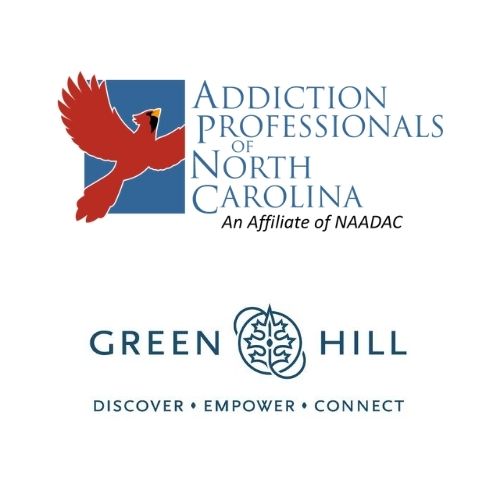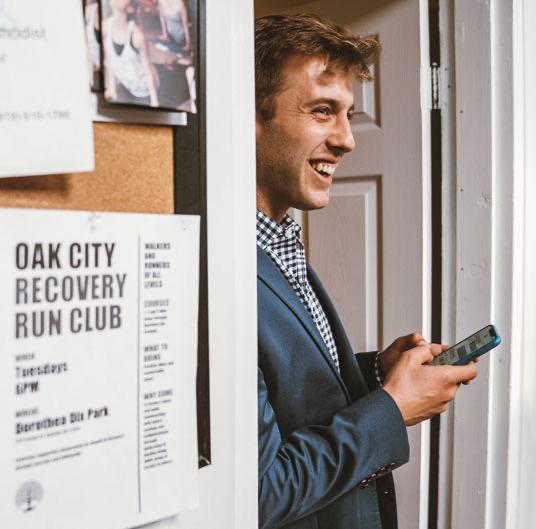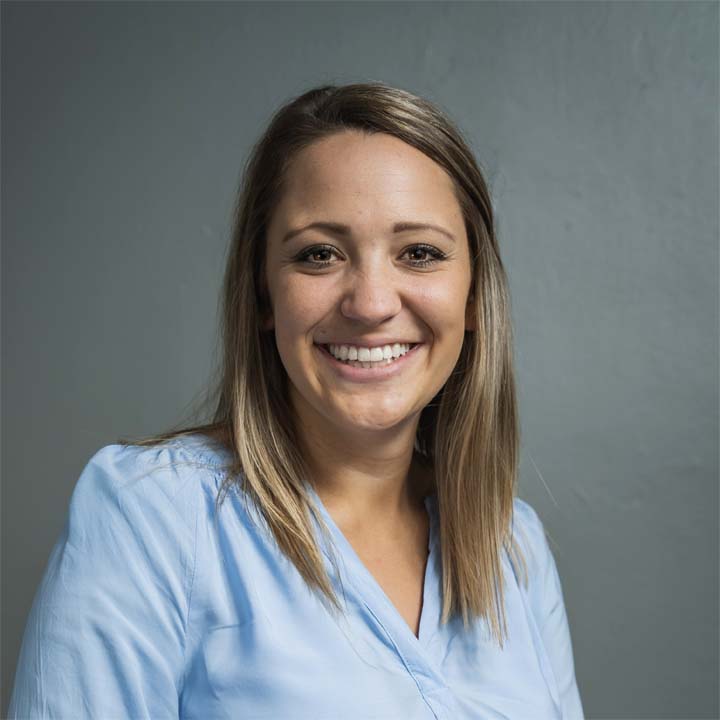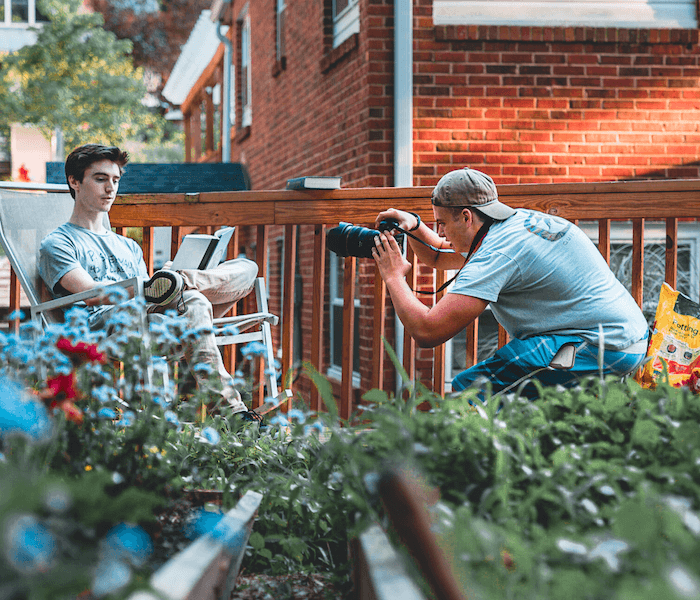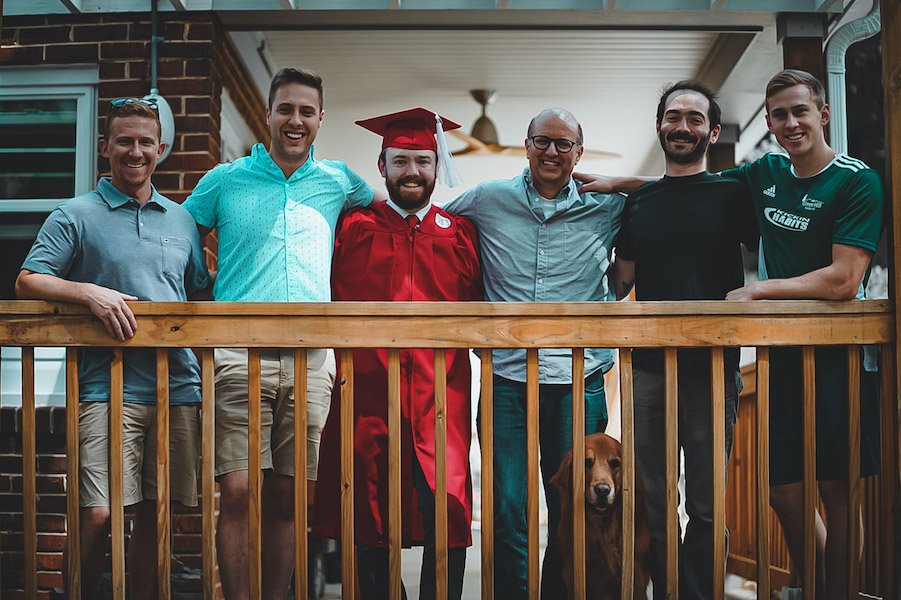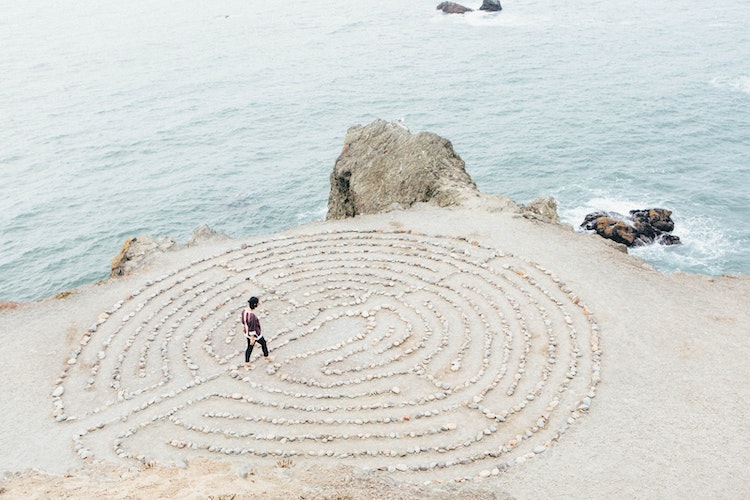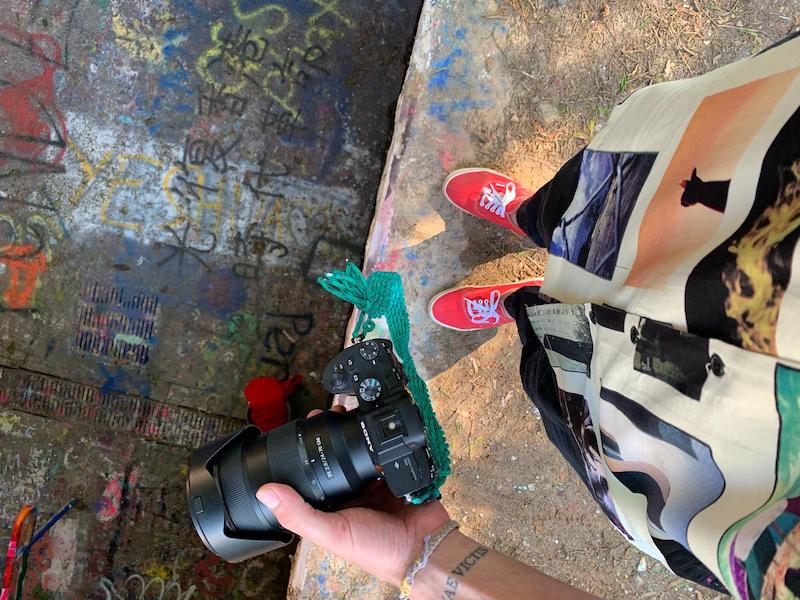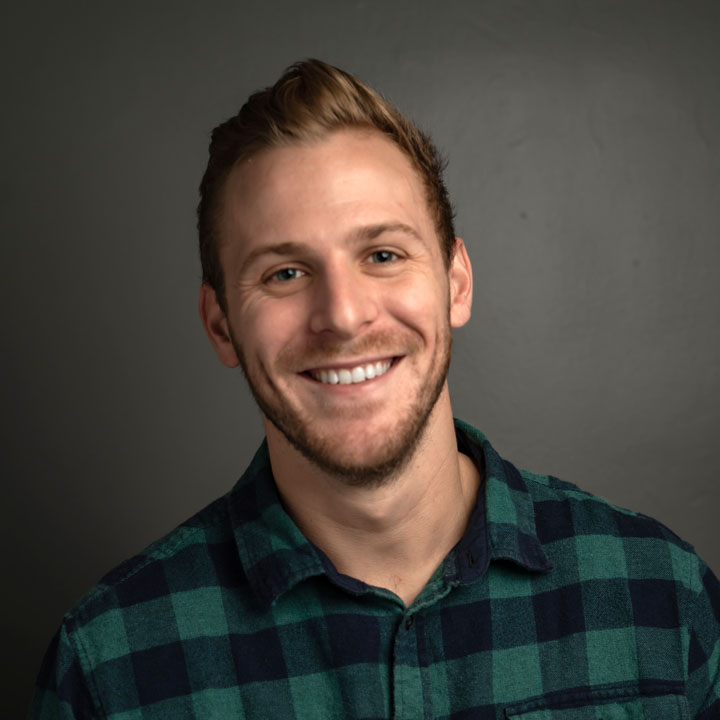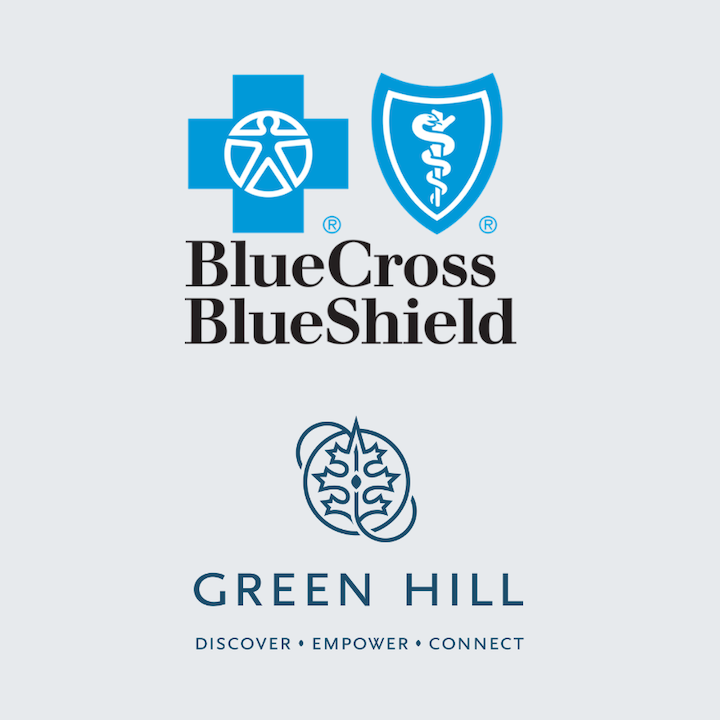The most powerful question an organization can answer is why.
Why did we start this company? Why do we serve the people we serve? Why do we get out of bed each morning to do this? Most companies are attempting to solve some problem in our world. These problems can be as large as world hunger, or as small as getting the most out of a toothpaste tube.
The problem a company sets out to solve is most closely linked to their why statement. The Golden Circle model, popularized by Simon Sinek in Start with Why, argues that we must analyze the What, How, & Why of an organization. In this post, we will use this framework to explain why we do what we do, and why it is so critical.
The Problem
The statistics on substance-use disorder (SUD) and the opioid epidemic are grim. The population it is impacting continues to get younger, and the small percentage of people that are attending treatment are entering a system that simply isn’t working. From any angle you analyze this, the current treatment model has flaws.
Here are a few of the more alarming numbers:
Treatment in many cases is either not affordable, not accessible, or not high enough quality to fix this problem. Studies increasingly show that length in treatment dramatically decreases the percentage of relapse, and a more deliberate and meaningful transition back to “normal life” is essential in recovery.
Let’s be very clear, addiction is a costly, dangerous, and growing problem in America that every treatment center is trying to solve. What we’ve learned is that this is more closely associated with the what (we do) instead of the why (we do it). We had to look deeper within our organization and ourselves.
This problem hits home and is a personal one for Green Hill’s owners, Tripp and Jake. Their initial bond was formed during their time at West Point and largely centered around drinking. In his early twenties, Jake struggled to find his academic footing after alcoholism interrupted his college career. He learned that by committing himself each day to building a strong foundation, success in recovery, school, and professional life was possible.
For Tripp, it wasn’t until he returned from a deployment to Afghanistan that he took a serious look at the direction of his life and his substance use. Tripp soon committed to self-inquiry and personal development mainly through the daily practices of meditation and yoga which have allowed him to live a confident, grounded life while pursuing his dreams.
Jake and Tripp have learned through experience that a successful recovery and life are possible when one takes intentional steps on the paths of self-discovery and personal development.
What, How, & Why
Green Hill offers clinically-driven transitional living and outpatient programs for emerging adults in early recovery. Founded in 2017, Green Hill serves young men in early recovery from across the nation. Our curriculum focuses on academic, career, and life skills specifically designed to help prepare emerging adults for wellness beyond treatment. Our program helps residents discover their core values, empowers them to take ownership of their own recovery, and connects them with their sense of purpose and the broader community.
During the first few years of Green Hill’s existence, we focused almost exclusively on the what (we do). Green Hill’s what consists of clinical and executive functioning modules, academic lessons, and activities facilitated by our front line team.
Our what is in essence the various activities and programs our clients undertake during the course of their time with us. Our mission was to help change lives, and our program was accomplishing just that, so we stayed the course.
Towards the end of 2019, we started to take a step back to really take a look at the how (we do it well). Our core processes, our policies and procedures, and our training schedule. How is the thing that makes an organization sustainable. The how level was the first major leap in making our organization robust and sustainable. We figured out what we did really well and how to replicate it.
It wasn’t until 2020 that we realized a clearly articulated why (we do it) was largely missing from our Green Hill brand, company materials, and communications. As individuals, we all know more or less why we chose to work at Green Hill and why the company mission matters. However, there was never enough emphasis on putting words to the backdrop (the context) on which all of our efforts occur. Green Hill exists to empower young adults to build better lives: we give our clients what they need to experience true flourishing.
So, about that ‘why’?
We have come to discover that our why is more of a reflection of our views of treatment models. Our long-term vision is to continue to develop a new approach to treatment, which will be the Green Hill Model. We are tired of seeing our friends, siblings, parents, and children go off to treatment and come back without a foundation for a life in sobriety.
Too many times in our experience does treatment seem like a break from addiction rather than the foundation for a new meaningful life. In our view, we exist to bring passion, energy, and a new perspective to addiction treatment. We hope to serve as pioneers and innovators in this field, and to make gradual shifts in how we approach care and measure outcomes.
What is the Green Hill Model?
Our model is based on a very simple assumption. One must replace a life of addiction with a more desirable life in recovery. Individuals in active addiction are passionate people. The passion we had for getting high and drunk would have made us zealots in another context. Our entire lives revolved around our addictions, and substances were the gravitational center of our universe. Every part of our lives existed to help meet our desire to continue using.
It pains us to say this, but it is an important admission. You may not be an expert in the SUD field, but in a simple sense, does this sound like a change that takes less than 30 days? Most treatment models start and end with the 30-day inpatient program, known as “rehab”.
This analogy may seem dramatic, but it is important. We have to create a new more and powerful gravitational center to our lives in recovery. Oftentimes, it is the notion of recovery itself that becomes that passion. Working in the field, helping others, making amends. What we use as our new center is not as important as the acknowledgement that the void we are attempting to fill is that large. Our entire program is built around this.
Problem Solvers
So what are the primary problems the Green Hill Model solves? Individualized care, gradual transition, and foundational focus.
Individualized Care:
Many programs say they provide individualized care. What that generally means is that they take the individual mental health situations into account while providing a more broad based substance-use disorder treatment plan. The Green Hill Model expands this individualized approach to life.
Discovering what makes you happy and what you want to do with the rest of your life is a foundational element of our curriculum. Finding a passion project, resuming academic studies, or starting a career are all unique to the individual, and an important part of filling this void created by leaving our addiction behind.
Gradual Transition:
As our Development Director talked about in our post Recovery Isn’t Linear, we believe that life and recovery are a series of successes and setbacks. Our curriculum lets individuals transition from treatment to a fulfilling life in a deliberately slow way. It always amazes us to see this in action with our clients. Some clients will come to Green Hill dead set on pursuing a particular path, only to discover three to six months later that they really want to do something else entirely.
You would be blown away at the number of would be accountants or lawyers that go back to school to become therapists after entering recovery. Taking your time and building space for curiosity, self discovery, and mistakes is a part of our curriculum. We acknowledge that this is not an overnight fix.
This Isn’t Summer Camp:
An unfortunate truth about this field is that many treatment centers substitute fun for progress. While learning how to have fun in recovery is necessary, it does not solve the problem. Fun is a temporary solution in the same way alcohol and drugs were.
We love when our residents have fun, we encourage it in programs like our Passion Projects initiative, but we have not built our entire program around it. We spend our clinical hours tackling foundational elements of a fulfilling and successful life in recovery. Treatment is not summer camp, and we cannot treat it as such. We are making an investment in a sustainable lifelong future in sobriety.
Where We Go From Here
These are only a few of the problems Green Hill solves, but any treatment program that focuses on building a lifelong foundation for a meaningful life is a compelling solution to the problems this field faces. We urge other programs to take a step back and look at why they are in this field instead of what they do on a day to day basis.
If you are a treatment / therapy or education professional who believes in the importance of solving the problems of existing treatment models and helping young people to reach their potential, we’d love to connect with you. We hope to discover, collaborate and partner with professionals and programs in the country who share this philosophy and passion for quality care.
Drop us a line, follow us on Facebook, or subscribe to our newsletter. We look forward to hearing from you and learning about your why.
